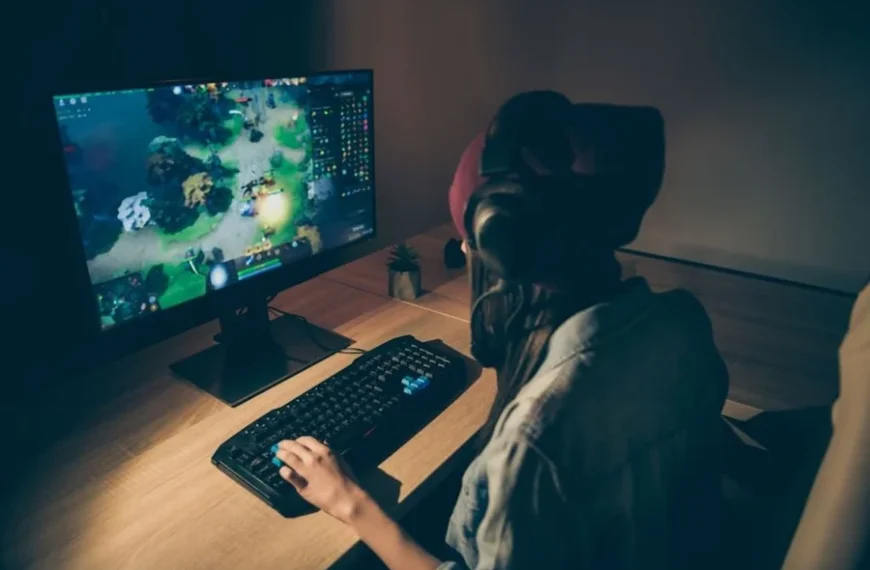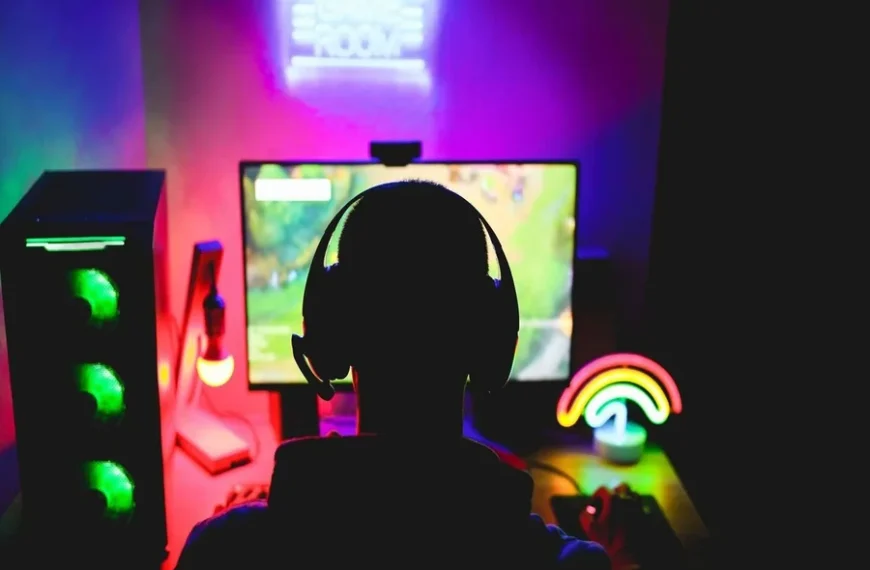There is no more compelling or elusive experience than feeling in control in the digital world. Our actions on the Internet do not go to waste, and each click, swipe, or tap indicates our free will. However, a great deal of what we consider control is, in reality, well-coordinated by behavioural patterns, thinking biases, and digital architecture. Even websites that gamblers are used to, like 22Casino Romania, have given anyone a glimpse of the intriguing relationship between choice, reward, and perception— without the person necessarily placing a bet.
The Psychology of Control
People are programmed to think that they have more impact than they do. This is the illusion of control, as the psychologists refer to it —the disposition to imagine that we can influence events that are mainly determined by luck. Such can be as simple as just feeling sure that the timing of an email write will result in a positive reply, or that the order in which things occur within a mobile application provides an advantage.
This picture is made complicated by too many options. The paradox of choice holds that variety is appealing, but too many choices can lead to decision fatigue, frustration, and remorse. Digital interfaces, whether in apps, streaming services, or web-based casinos such as 22Casino Romania, leverage this by providing infinite variations of actions, where the user feels they are exploring their own path, though the results are largely random.
What Happens in the Brain
On the neurological level, perceived control directly engages our dopamine system —the brain’s reward circuitry. Whenever we make a decision, particularly when it’s uncertain, dopamine signals are released, which produces anticipation. This is supercharged by variable rewards, the type that do not necessarily come at the right time. The illusion is supported by cognitive biases such as overconfidence or selective memory. When an action goes hand in hand with a good result, we remember it; when it fails to do so, we are quick to rationalize the action. Trends develop over time through a feedback loop, which helps stimulate repetitive interactions —though control is mostly an illusion.
Electronic manifestations of the Mirage.
Although illusory control is most evident in casinos, it is not limited to this field; it can be found in various other parts of the digital world. Take, for example, 22Casino Romania: a site characterized by casino slot machines. In this case, the mechanics are strategically designed to produce the effect of proficiency. The feeling of mastery is promoted by near-misses, spinning graphics, and instant feedback, even though random number generators control the results. They make their users feel that their input counts —a typical example of the dopamine loop at work.
The same principles are evident in everyday applications. An example of this is social media sites, which use algorithmic curation to make users feel their feeds are their own. Notifications, badges, and streaks replicate the game-based reward structures that activate identical engaging and anticipatory patterns. Changeable rewards, short-term satisfaction and game-like interfaces strengthen habitual behaviour patterns, pretending to control but gently directing attention and behaviour.
Comparison of Digital rewards and traditional feedback.
| Feature | Digital Platforms (e.g., Slot Machines) | Traditional Rewards | Perceived Control Effect |
| Reward Frequency | Randomized, intermittent | Predictable | Heightened anticipation and engagement |
| Feedback | Instant visual/audio cues | Delayed or absent | Illusion of skill and influence |
| Engagement Techniques | Gamification, variable incentives | Limited | Encourages repeated interaction |
| Transparency of Outcomes | Often hidden | Clear | Misperception of control |
The following table explains why digital environments are so persuasive: they enhance the feeling of agency and conceal the randomness of the background. The brain reacts as if there were real stakes in every decision, though none are.
Expert Assessment
According to behavioural economists and digital psychologists, the digital illusion of control is an essential feature of the contemporary engagement design. Digital platforms mimic engaging interactions by exploiting dopamine loops, cognitive biases, and reinforcement patterns that appear interactive and skill-based, despite the high proportion of probabilistic outcomes. To an individual acquainted with the mechanics of gambling, these dynamics during non-real-money play offer an interesting view of how neuroscience, behaviour, and technology appear.
The significance of understanding such trends is not mere scholarly interest but an indication of how to understand why we are clicking, scrolling, spinning, or using certain services, and how, to a subtle extent, online spaces influence the way we perceive our agency. Such mechanisms can be observed in real life on platforms such as 22Casino Romania, where a controlled laboratory allows observing the Mirage of choice without risk.



